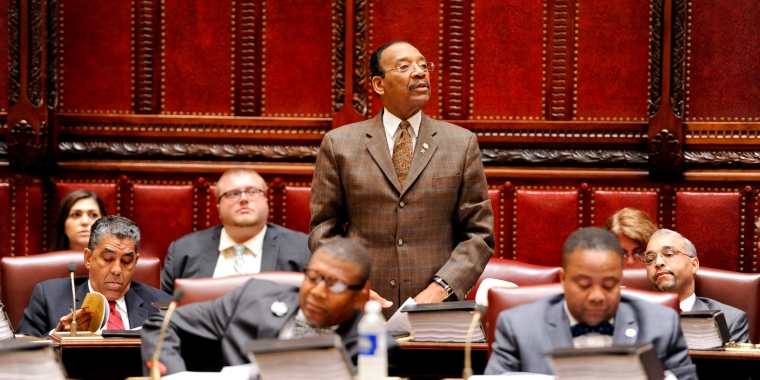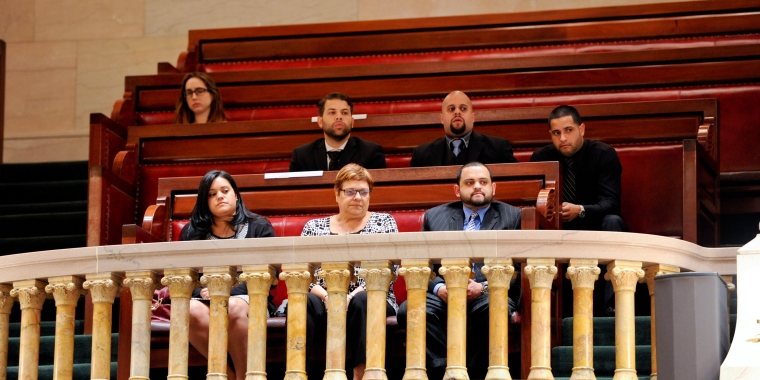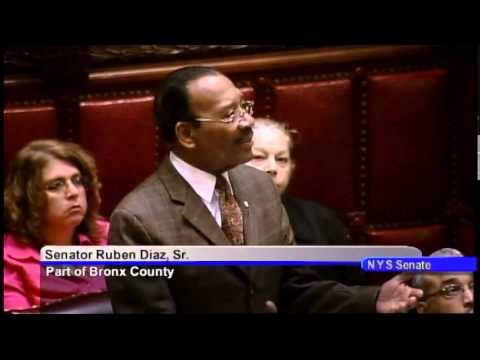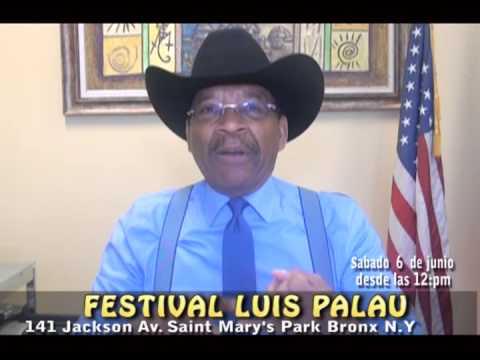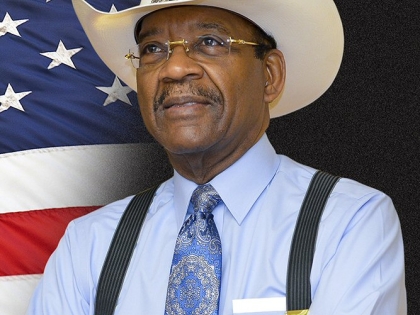
State Senator Wants To Allow Lawsuits If People Are Stopped From Recording Cops
Ruben Diaz
August 1, 2014
-
ISSUE:
- Legislature
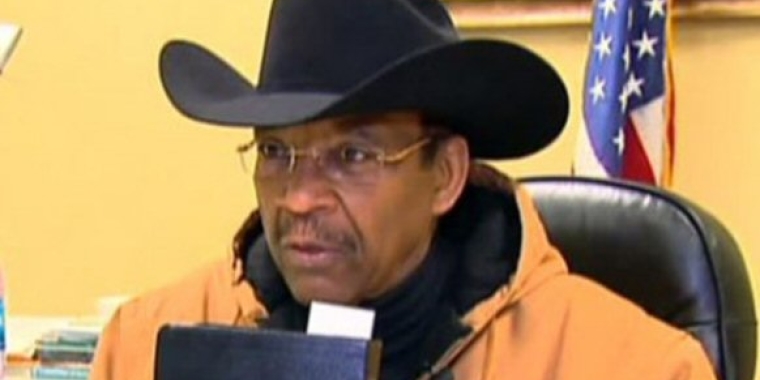
State Sen. Ruben Diaz (credit: CBS 2)
NEW YORK (CBSNewYork) — New York state Sen. Ruben Diaz, D-Bronx, introduced a bill Thursday in which someone who is stopped from videotaping a police officer could sue for $25,000.
In introducing the bill, Diaz noted that videotaping police officers is already legal, unless it interferes with police work.
“They do not allow anyone to record them, or to videotape them, claiming that they are interfering with police activity,” Diaz told WCBS 880.
But he said officers “routinely” make people stop videotaping them or arrest people for doing so. He noted that video recordings brought to public attention the arrest of Eric Garner – the man who died in police custody after being put in a choke hold by an officer on Staten Island.
“In the case of Garner, this gentleman that was killed by the police, the videotape is there. The one that was taking the videotape was not interfering with police work,” Diaz said. “He was videotaping what the police were doing. I believe there’s nothing wrong with that.”
Diaz said his bill would strengthen civilians’ rights by “affirmatively” allowing people to videotape officers conducting their duties, and to sue if an officer stops them.
“Let’s say that the police are stopping someone in the street, and they are talking to somebody, and they are arresting someone, and I video that … and the police come to me, ‘You interfere’ … and don’t allow me to videotape – that would be reason for me to sue for $25,000,” he said.
The issue of videotaping officers has drawn controversy for years. Just weeks ago, the NYPD was hit with a high-profile First Amendment lawsuit alleging the department has a practice of arresting people for shooting video of officers.
Plaintiff Debra Goodman claimed her rights were violated when she tried to record police activity last September on the Upper West Side.
Goodman was arrested at 73rd Street and Broadway, and alleged that she was pushed by officers and then detained for more than 24 hours.
“He asked me to produce ID. I refused, because I knew I wasn’t doing anything wrong,” Goodman said. “And then he grabbed my arm and handcuffed me, and told me I was under arrest.”
The lawsuit asked a judge to force the NYPD to allow onlookers to record police in public spaces.
Previous lawsuits on the subject have reported that the NYPD Patrol Guide says officers cannot interfere with videotaping or photographing incidents in public.
In Illinois, for example, the practice was long banned unless all parties in a conversation consented to audio recordings of what was said, even in public spaces. Thus, someone who recorded a police officer, prosecutor or any other member of the law enforcement community without his or her permission could be charged with a Class 1 felony in Illinois.
A Cook County, Ill., judge ruled against the Eavesdropping Act in 2012, after Chicago artist Chris Drew was charged with videotaping his own arrest for selling art without a permit. Then last year, federal appeals court ruled that the law “likely violates” the First Amendment and banned enforcement of it.
Police interests in Illinois claimed that allowing the recording of officers would impede their investigative powers.
http://newyork.cbslocal.com/2014/07/31/state-senator-wants-to-allow-lawsuits-if-people-are-stopped-from-recording-cops/
